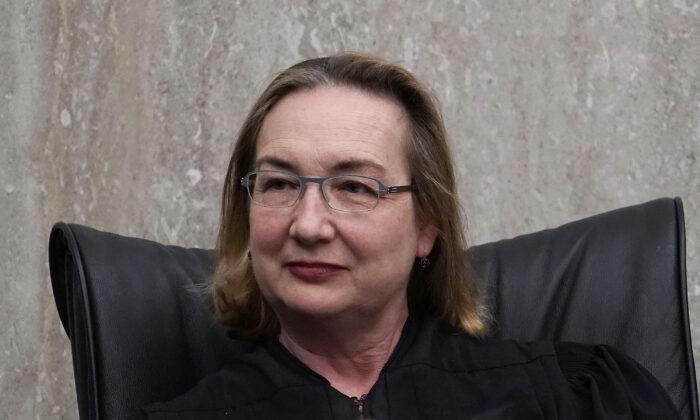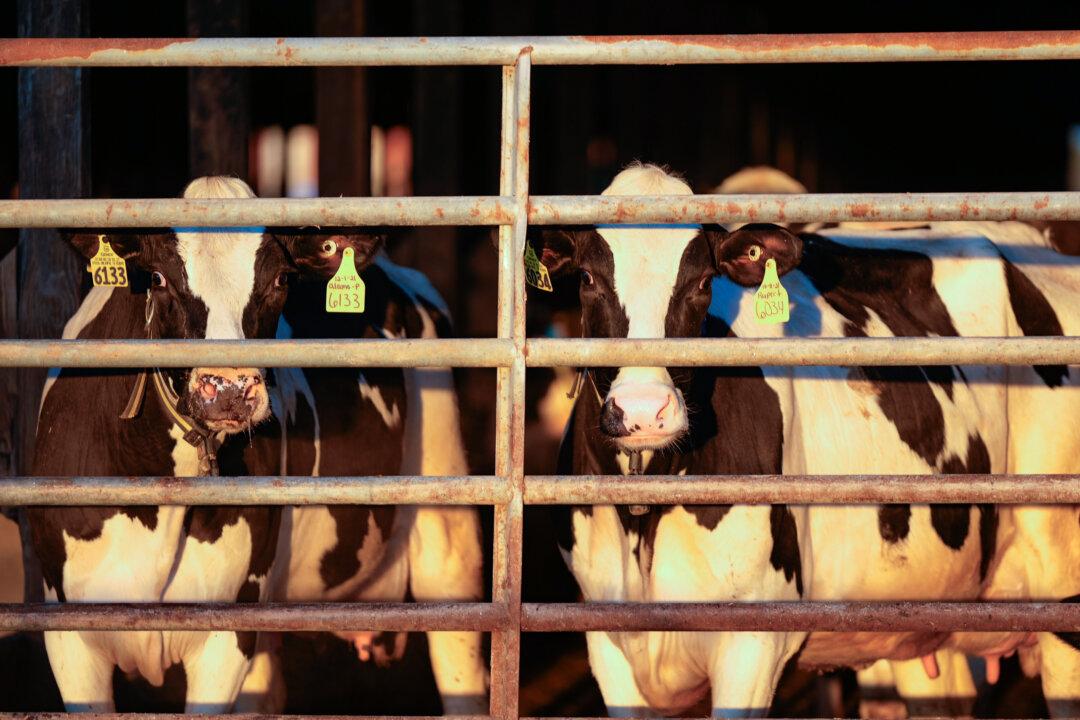A federal judge says the U.S. Department of Justice (DOJ) may make public additional portions of the affidavit that led to a search warrant being approved for former President Donald Trump’s home.
U.S. District Judge Beryl Howell, an Obama appointee, entered an order on Aug. 29 enabling the government to make public some of the details. The government did so in a hearing and in filings pertaining to the Aug. 5 seizure of records from Trump’s Mar-a-Lago. However, it shielded some crucial information in the search warrant affidavit, claiming the matters involved important aspects of the investigation.
In the new filing, Olsen asked for permission to make public more details.
“Among the facts redacted from the public version of the affidavit in the Search Warrant Matter were matters occurring before a grand jury in this district, protected from disclosure by Federal Rule of Criminal Procedure 6(e),” he said.
The permission would “allow the government to seek partial unsealing of aspects of the search warrant affidavit that it had left redacted,” he added later.
The details were already discussed in the case of Trump seeking a special master—Trump v. United States, in federal court in Florida—which should lead to the motion being granted, Olsen also said.
The details include a May 11 subpoena of Trump for documents bearing classification markings and a June 24 subpoena for surveillance footage from the Trump Organization.
She said that the government “is permitted to disclose, in its filings and in any further unsealings of previously-sealed or previously-redacted filings ... the grand jury subpoenas seeking (1) documents bearing classification markings and (2) video surveillance footage, both described in its second application here, as well as any correspondence or communications directly flowing from them.”
The application and order were filed in Washington because the grand jury is convened there.
Howell’s order applies to a related case, United States v. Sealed Search Warrant, which is also being adjudicated in the U.S. District Court for the Southern District of Florida.
Reinhart would still need to approve any proposals by the government to unredact certain information in the affidavit. The government has not yet asked him.





